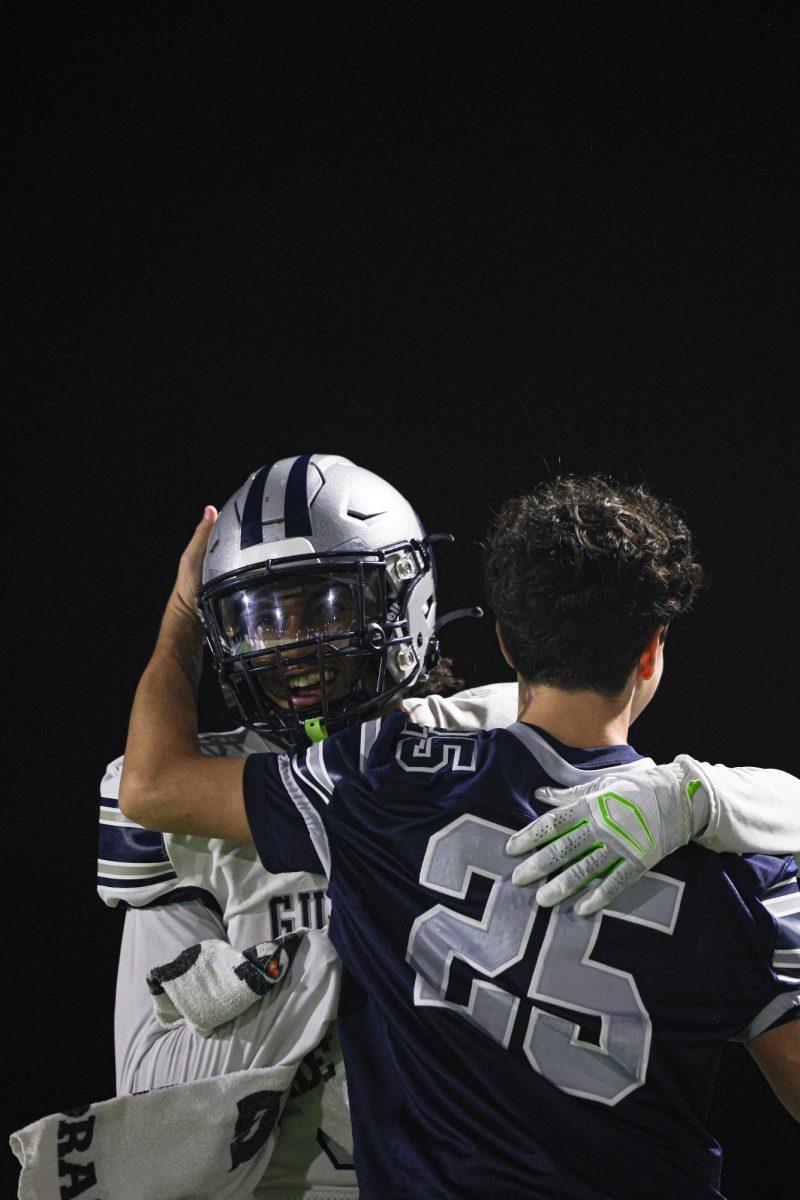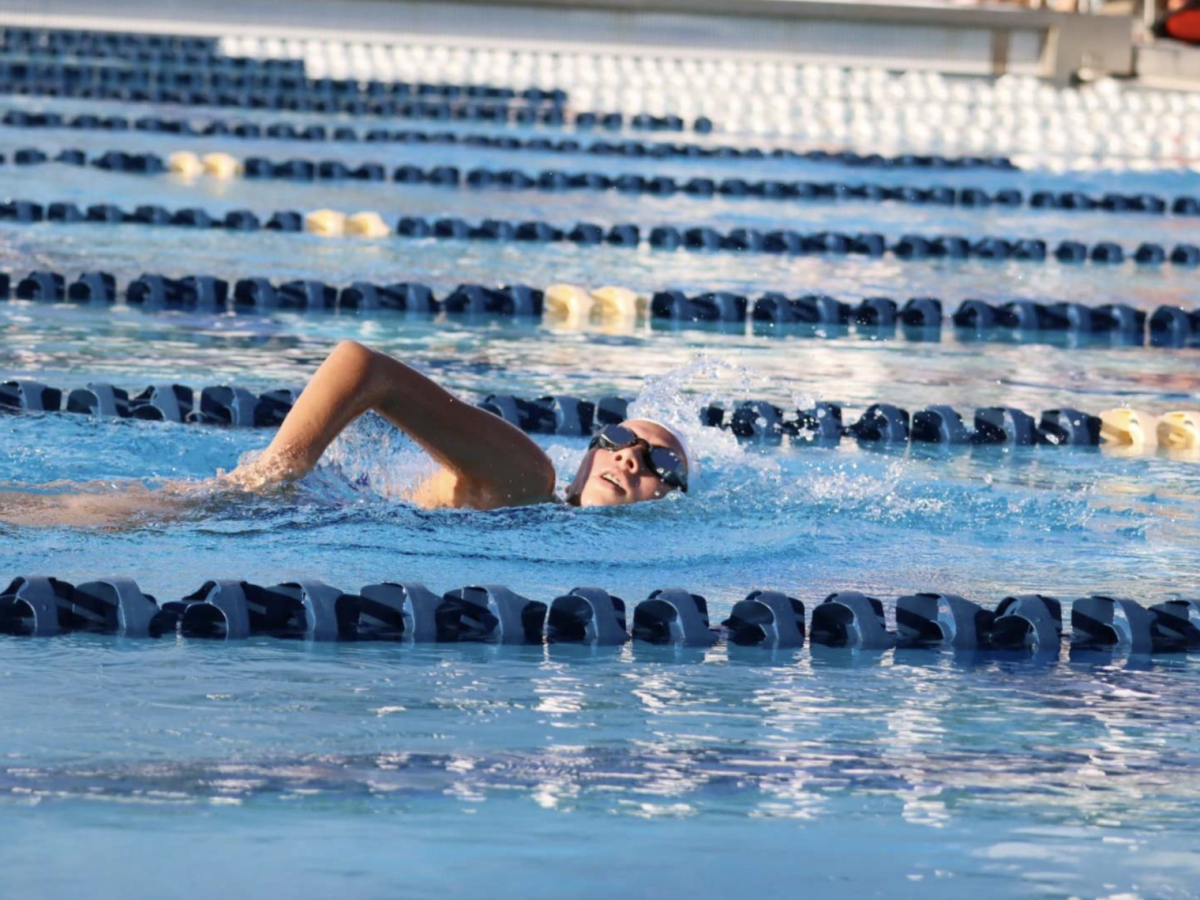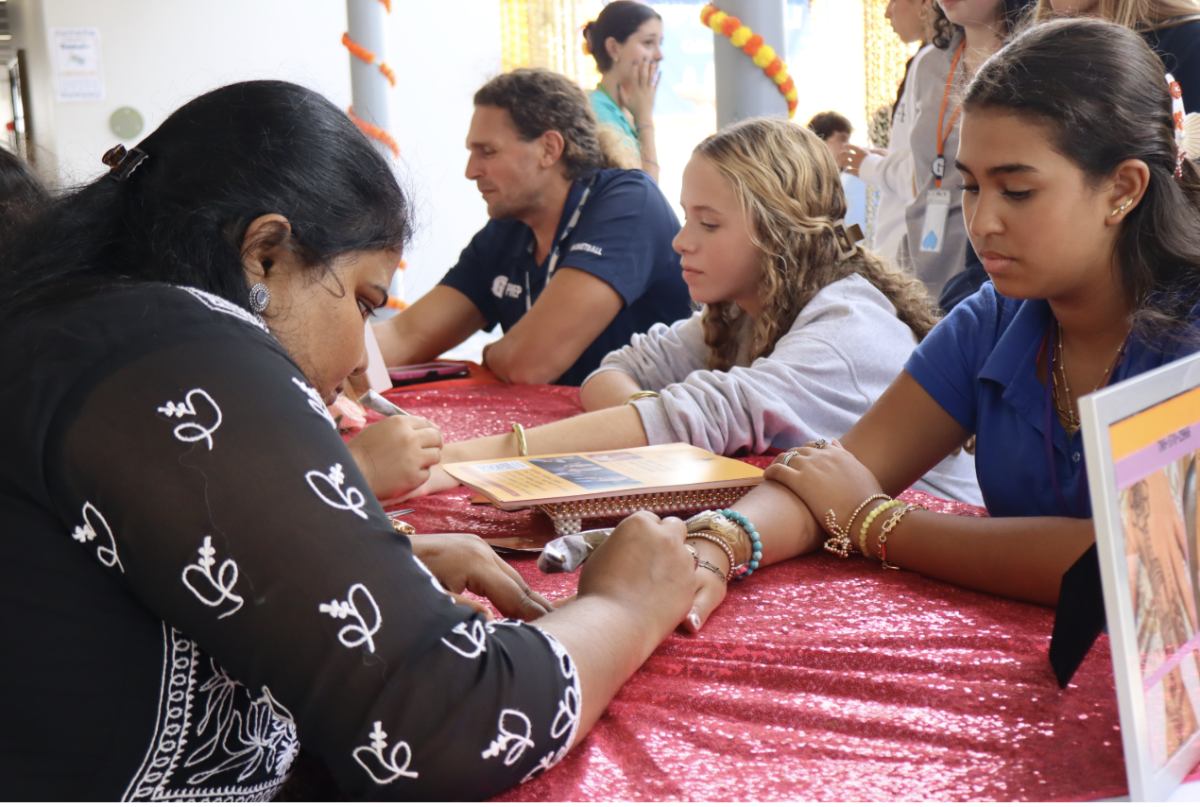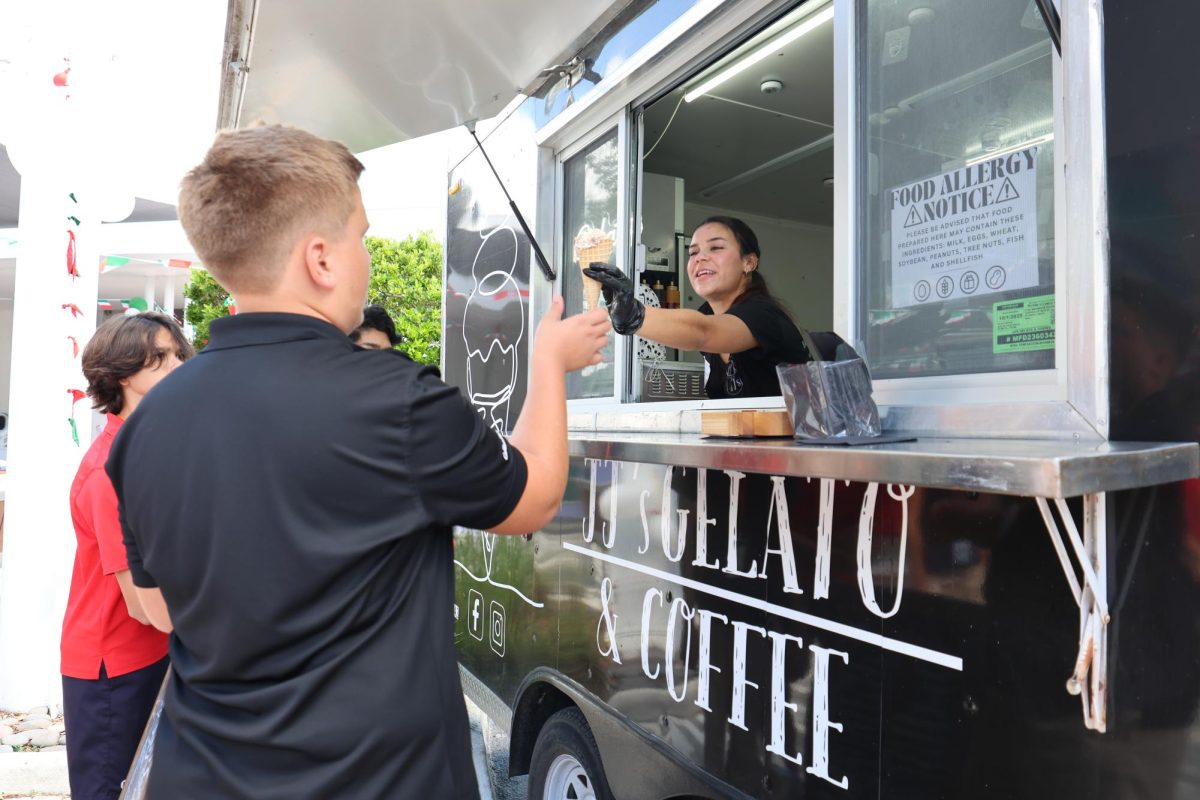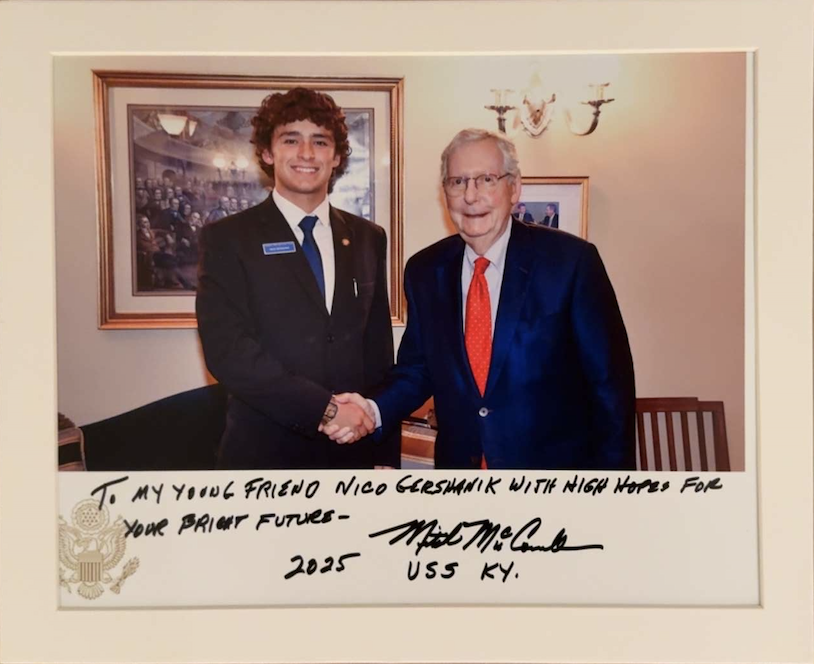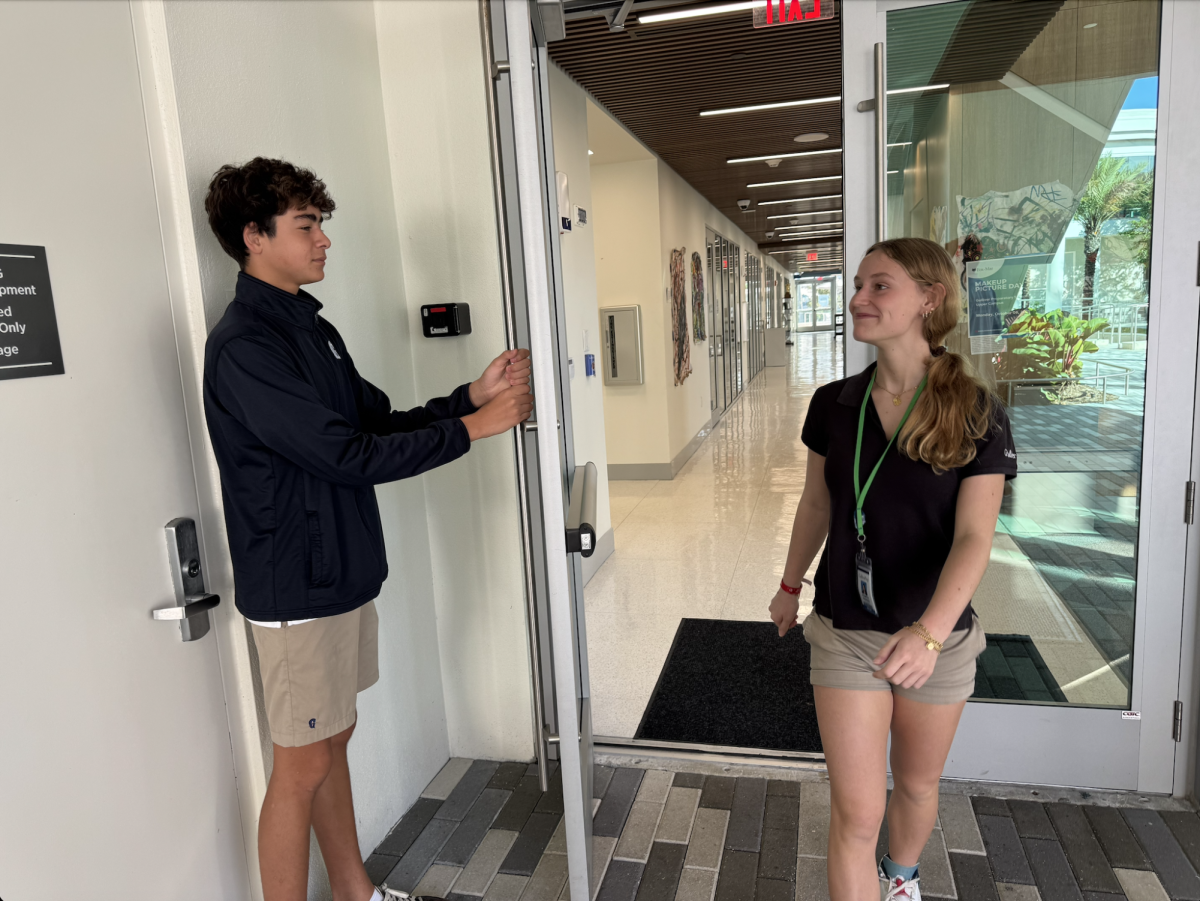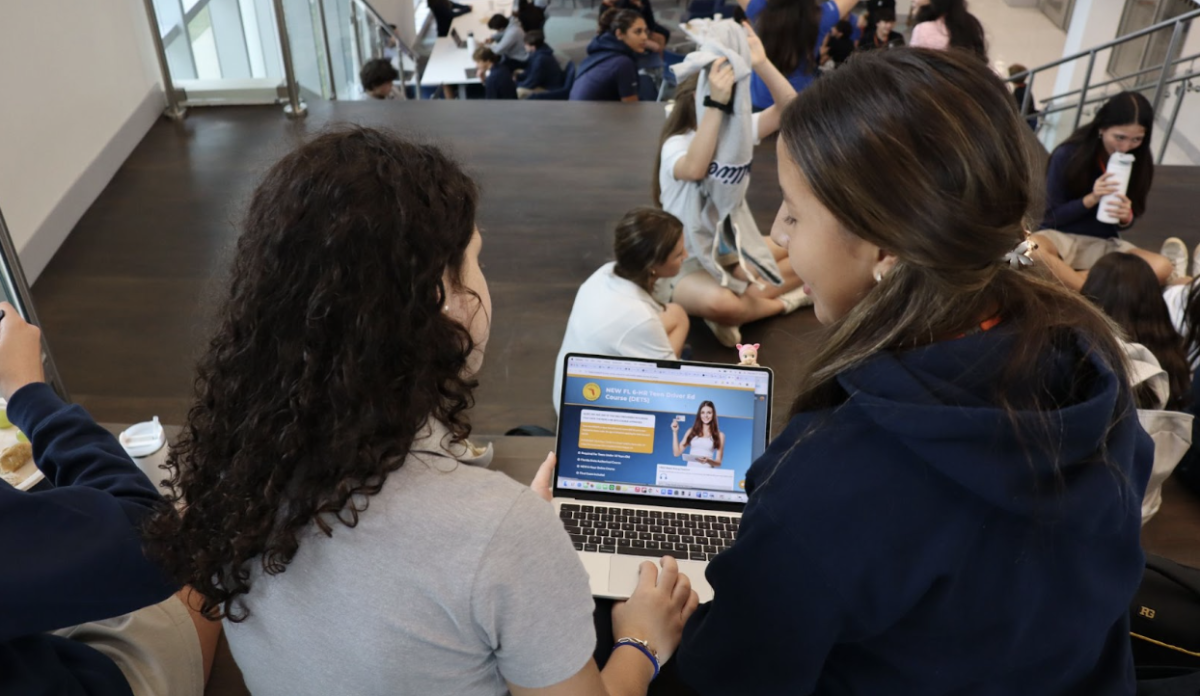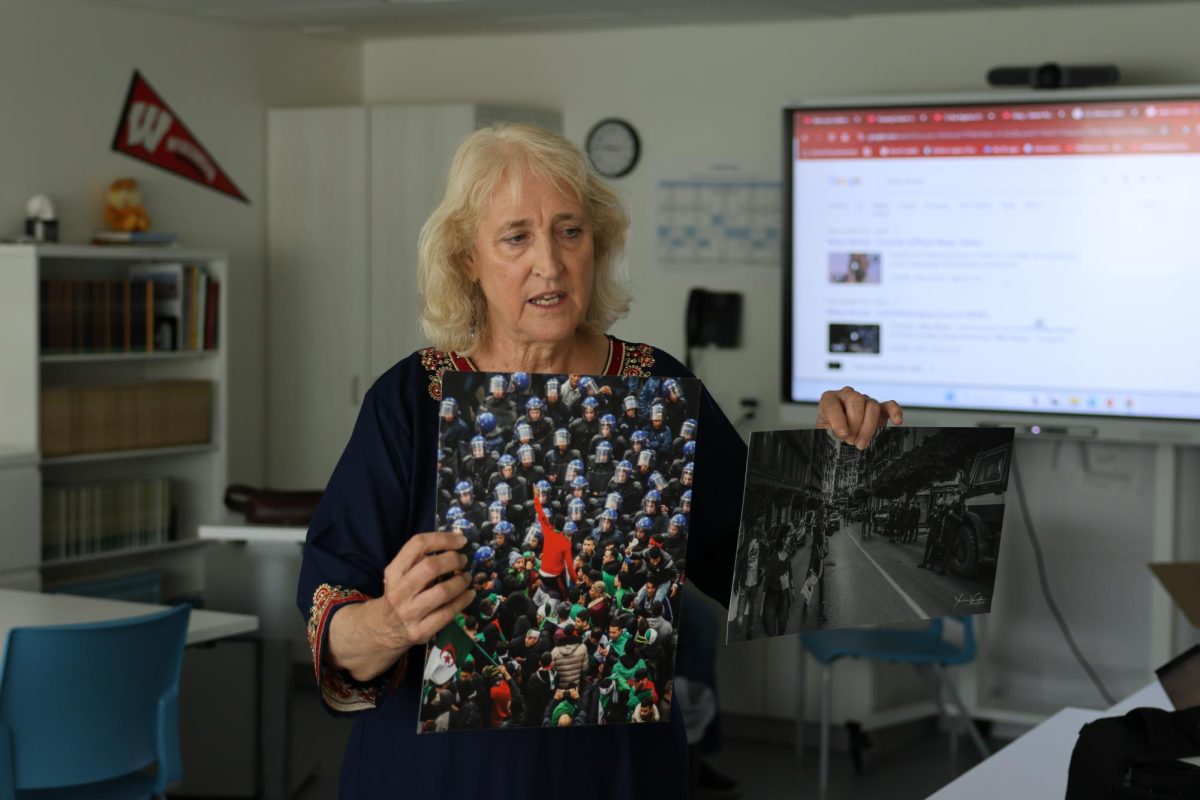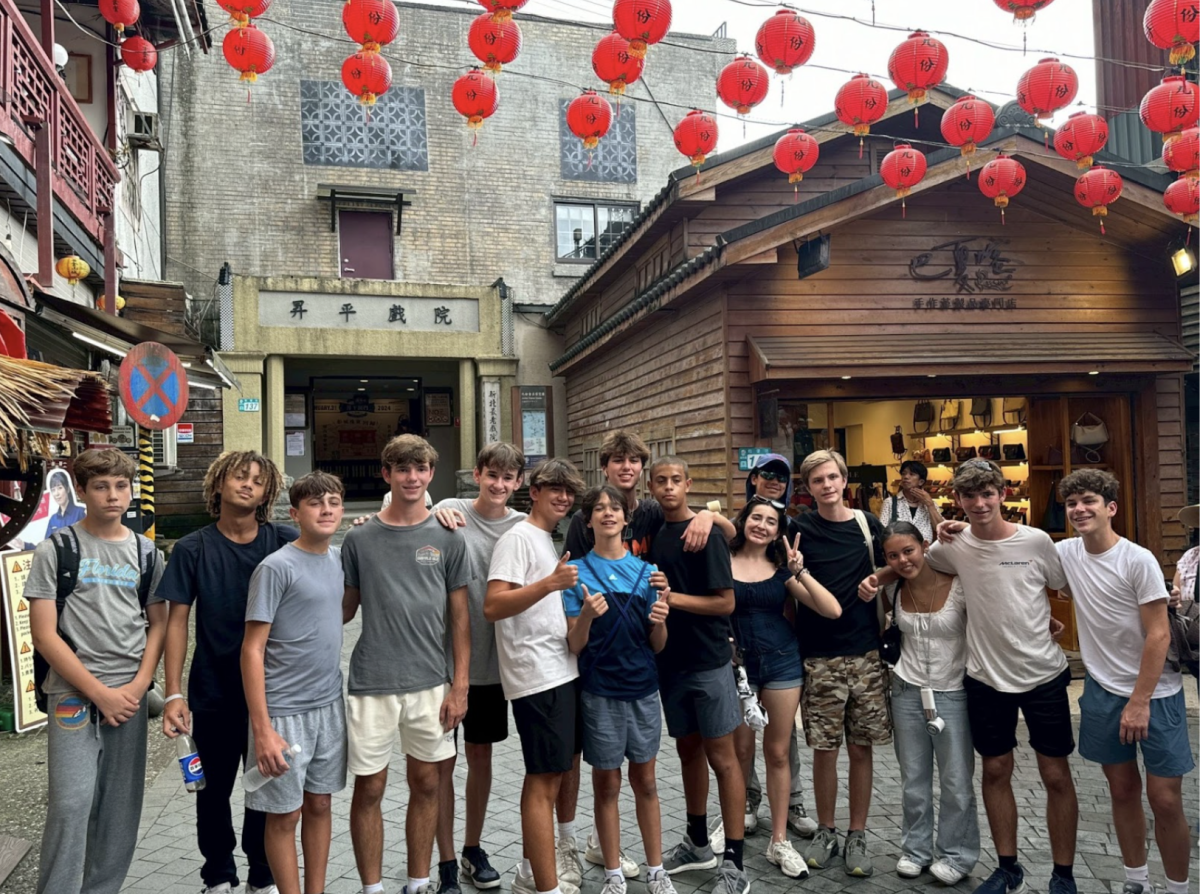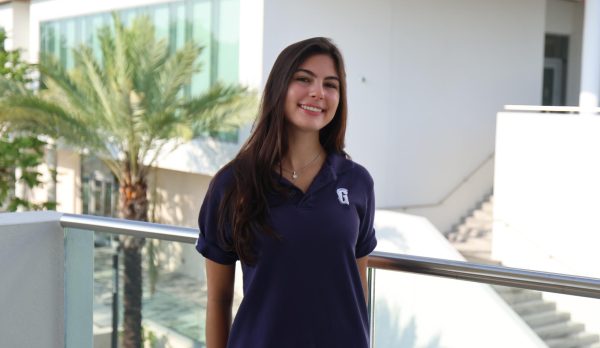For many, learning a new language feels like a daunting challenge. But for physics teacher Victoria Valdenegro, the decision to learn Arabic wasn‚Äôt just about acquiring a new skill. It was about fostering connection and expanding her worldview.¬Ý
Valdenegro’s inspiration to learn Arabic was inspired by her desire to connect more deeply with her newfound faith and the Quran.
“Given that the Quran is originally written in Arabic, there are English translations, but some words don’t translate well into English. It’s like when you have certain words or phrases in Spanish that don’t have a direct translation in English, except there’s a lot of that in Arabic,” she said.
Despite her motivation, learning Arabic proves to be difficult for Valdenegro. The complexity of the language’s structure can make grasping some letters and nuances challenging.
“The letters aren’t A, B, C, D… it’s a whole new system. The characters are different, and there are nuances that change the way words are written in sentences, which always confuse me. Not only that, but writing in Arabic is from right to left, which is the complete opposite of writing in English,” she said.
Valdenegro admitted feeling frustrated at times with all the rules as she learns the language.¬Ý
“It’s like reading a word problem in Physics and not knowing where to begin. You learn a rule, and suddenly, it’s tossed into something new, and the rule no longer applies. It feels like I’m always taking two steps back after every step I take forward,” Valdenegro said.
Beyond the challenges of learning a new language, her conversion to Islam has led her to adopt new practices and values in her daily life. She explains that these practices have made it easier for her to handle difficult situations.
“I think I’ve become kinder. I believe I was already a fair and understanding person, especially as a teacher, but I’ve been working on associating anger with frustration or annoyance, rather than getting angry,” Valdenegro said.
Building on her reflections about personal growth, Valdenegro has also faced some challenges.¬Ý As a Hispanic woman in Miami who does not wear the hijab or speak fluent Arabic, she’s often met with questions or confusion.
“The biggest stereotype is that people don’t expect me to be Muslim because they see me as someone who doesn’t fit the typical image. When I tell people I’m Muslim, they’re like, ‘What? You don’t look Muslim,’” she said.
Valdenegro explained that these encounters are important because they allow her to help others understand. The curiosity around her conversion has sparked many questions, especially from her students, who seem open-minded and want to learn more.
“It’s important for people to see that not all Muslims look the same. You can’t just assume that all Arabs are Muslim. There are Christian Arabs, Jewish Arabs, and Muslim Arabs. These conversations are nice because people don‚Äôt usually mean anything in a rude way. They‚Äôre just curious,‚Äù she said.
Though her journey is still ongoing—both in learning Arabic and deepening her practice of Islam—Valdenegro remains optimistic and committed.
“It’s a process, and every step forward feels like progress. I know it will take time, but I’m in it for the long haul,” she said.




